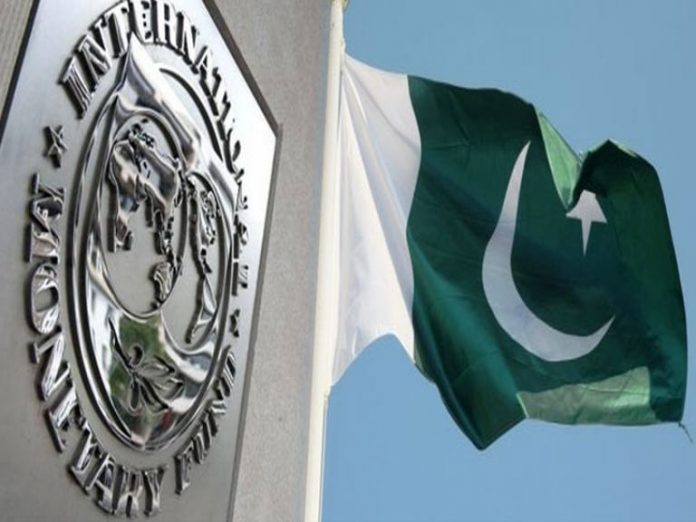Writing for News International author Murtaza Syed explains that Pakistan has been to the International Monetary Fund (IMF) an astounding 23 times in the last 75 years. This puts the country at the top of the list of the IMF’s most loyal customers. Even Argentina, which comes in at number two, has only sought the IMF’s assistance 21 times. By comparison, India, Pakistan’s neighbor and longtime rival, has only sought the IMF’s help seven times and not since the landmark Manmohan-Rao reforms of 1991.
Syed argues that running to the “global emergency ward” 23 times in 75 years is no way to run a country. In this article, he attempts to explain why Pakistan has never been able to wean itself off the IMF, and why the country keeps returning to the Fund for help.
Typically, a country turns to the IMF when it has exhausted its foreign exchange reserves. These reserves are used to pay for imports and to repay money borrowed from abroad, including other countries, multilateral institutions like the IMF and the World Bank, and foreign residents.
A country can build foreign exchange reserves in one of two ways. First, it can do so by running a current account surplus, which is a situation where exports plus remittances exceed imports. Second, even if it runs a current account deficit (the reverse of a surplus), it can still build reserves by attracting foreign currency inflows in the form of debt or equity that exceed this deficit.
However, in Pakistan’s case, the country has hardly ever run a current account surplus, which sets it apart from the Asian tiger economies. In fact, its current account deficits have often been very large, such as during 2017-19 and 2022, running at more than 3% of GDP. Whenever this has happened, Pakistan has typically had to go to the IMF for help.
Pakistan’s current account deficits occur because its exports have always been very weak. As a share of the country’s economy, they are only around 10%. In successful countries, they are much higher, typically 20-30% of GDP.
A country’s current account position basically reflects how much it saves and invests. If a country invests a lot, it typically needs funds from abroad and therefore runs a current account deficit. This kind of current account deficit is healthy as the investment will generate future growth and exports that can be used to pay back the foreigners from whom the capital was borrowed. In addition, if the capital borrowed from abroad is in the form of foreign direct investment (FDI) rather than debt, it is even better as it means that if the economy does not do so well, the country does not have to pay back as much. Unfortunately, Pakistan’s current account deficits fail on both counts.
First, they do not occur because the country invests too much. In fact, Pakistan’s investment as a share of GDP is only 15%. In successful countries, it is two to three times as high. Pakistan’s current account deficits occur because it does not save enough and consumes too much. At a staggering 95% of GDP, Pakistan’s share of consumption is even higher than that of the US, which is notorious for being consumption-obsessed. This excess consumption increases Pakistan’s imports and does not allow the country to build exports. Its national tendency toward over-consumption stems from both public and private profligacy. The public sector runs significant fiscal deficits, typically around 5-8% of GDP, which are very large by international standards. Meanwhile, the private sector, consisting of individuals and companies, also does not save enough due to cultural habits and poor banking services.
To read the full article visit www.thenews.com.pk























